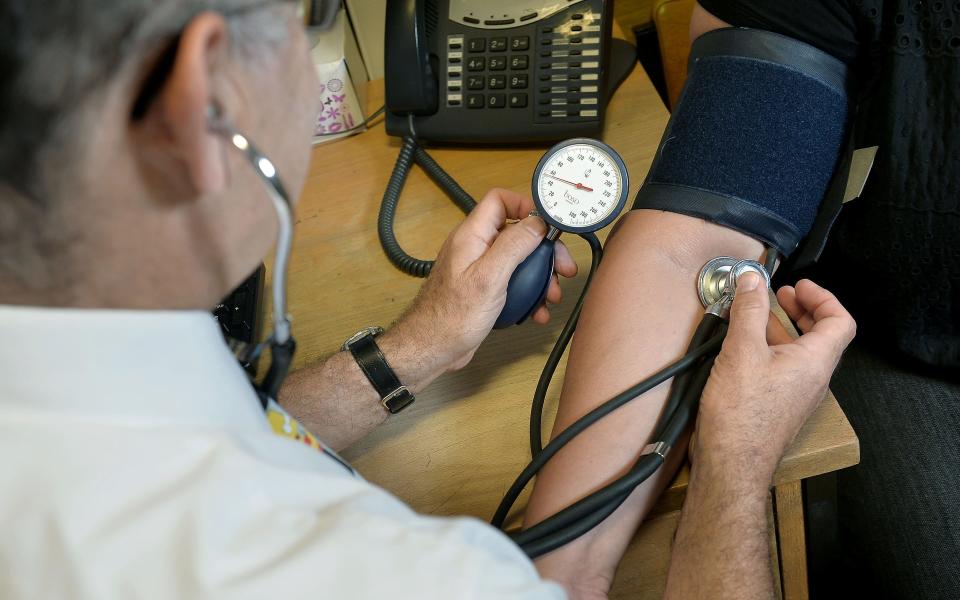Cervical screening bungled and patients put at risk of 'serious harm', report on Capita NHS contract finds

Capita put patient safety at risk, including incorrectly informing dozens of women that they were no longer part of the cervical screening programme, as it struggled to manage an NHS support services contract which was supposed to save the health service millions of pounds, a National Audit Office (NAO) investigation has found.
The outsourcer was appointed to the £330m seven-year contract in August 2015 to manage patient notes, cancer screening and pay for NHS GPs, dentists, pharmacists and opticians. The NHS hoped the move would slash its costs by 35pc.
But an investigation by the NAO found that NHS England and the company misunderstood the risks in outsourcing the work, resulting in services to 39,000 primary care practitioners that were “a long way below an acceptable standard”.
In what the NAO described as a “high risk” strategy, Capita was tasked with simultaneously running and overhauling systems such as the transfer of patient records, and was incentivised to close some offices to minimise its losses. But the task was far more complex than the company or NHS England had anticipated.
As a result, cracks in services began to appear in 2016 when it emerged that some services were not being delivered. There were reports of GP practices having to pay trainee doctors out of their own budgets and delays to patient registrations.
Overall, around 1,000 GPs, dentists, pharmacists and opticians had their work with patients disrupted, meaning some of them missed out on income and, more worrying, put patients at risk of “serious harm”, the report found.
Although no actual harm was identified, the NAO said administrative issues including 87 women being notified incorrectly that they were no longer part of the cervical screening programme had occurred.
While Capita’s performance has improved, widespread failures are still being experienced by primary care practitioners, the NAO found. NHS England had made savings of £60m over the first two years of the contract, but Capita made a £125m loss in the process and may have to pay up to £3m of compensation.
A Capita spokesperson said that the underperformance had come from "legacy issues" and it would "continue to work with all parties to address the remaining service issues" under new boss Jon Lewis.
"We have accepted accountability for not meeting our high standards of service previously," he added.
Capita is currently battling against soaring annual losses as it tries to tap investors for £701m in order to turn the business around.
The NAO’s report recommends that NHS England should assess whether the services would be better delivered in house. The NHS said it had reinvested the £60m it had saved in "frontline NHS patient care".
Amyas Morse, the head of the NAO, said: “While NHS England has achieved financial savings and some services have now improved, value for money is about more than just cost reduction.
“It is deeply unsatisfactory that, two and a half years into the contract, NHS England and Capita have not yet reached the level of partnership working required to make a contract like this work effectively.”

 Yahoo Finance
Yahoo Finance 